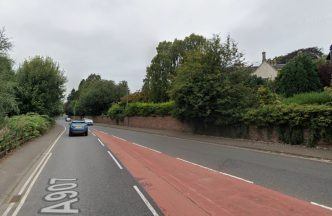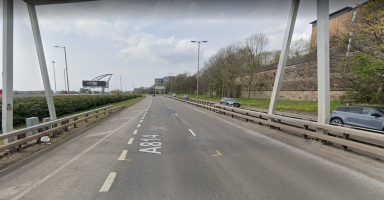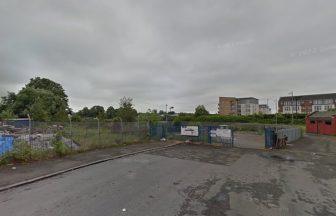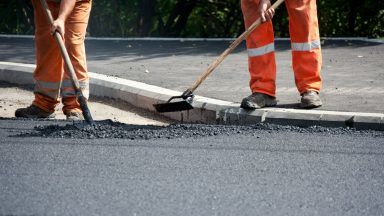The dock identification of the man convicted of the Lockerbie bombing was carried out in “highly prejudicial” circumstances, a court has heard.
Appeal court judges have been told that at the trial of the late Abdelbaset al-Megrahi, shopkeeper Tony Gauci identified him as resembling the man who bought clothing in his shop – later found in a suitcase containing the bomb.
The bombing of Pan Am flight 103, travelling from London to New York on December 21 1988, killed 270 people in Britain’s largest terrorist atrocity.
Former Libyan intelligence officer Megrahi, who was found guilty in 2001 of mass murder and jailed for life with a minimum term of 27 years, was the only person convicted of the attack.
A third appeal against his conviction began on Tuesday at the High Court in Edinburgh sitting as the Court of Appeal.
Claire Mitchell QC, representing the Megrahi family, said on Wednesday that the identification in the dock was “virtually of no value” as it came not long after Mr Gauci had seen a photo linking Megrahi to the bombing.
She told the court: “The circumstances in which that dock identification was made was highly prejudicial, in my submission.
“The identification was made shortly after he had seen a photograph which he had of course seen before, of an article suggesting that Mr Megrahi may have been the bomber and the court will know that the photograph itself, I think the wording of it is who planted the Lockerbie bomb and underneath there is a photograph of the appellant (Megrahi).
“So I would respectfully submit that in this case the dock identification is virtually of no value.”
Megrahi’s trial was held at a special Scottish court sitting at Camp Zeist in the Netherlands.
Ms Mitchell said that in deciding the matter the trial court does not specifically say that it placed “critical weight” on the identification in the dock but that neither did it expressly take the view that it was not relying on the dock identification.
She said that the dock identification was “something no court could have placed any weight on”.
The court heard that Mr Gauci saw an article about the Lockerbie disaster in the magazine It Torca at the end 1998 or beginning 1999 which featured a photo of Mr Megrahi.
Mr Gauci contacted police in Malta and told them that the man in the photo looked like the man who bought the items in his shop.
The panel of five judges were told that Mr Gauci was shown many photos by police over the years and said that a number of people resembled the man who bought the clothes.
Ms Mitchell said that evidence in relation to identification was of “poor quality” and said that photographs could not give an idea of someone’s build and height.
Ms Mitchell said that the case against Megrahi hangs on the date of purchase of the clothing and whether it was the 7 December 1988 or another date, and said the evidence on that issue does not bear the weight put on it.
She told the court that Mr Gauci’s evidence, particularly in relation to the date of purchase, was not reliable and was “grossly riddled with deficiencies, contradictions and inconsistencies.”
Ms Mitchell said that if the date of purchase was not 7 December the court would have had no evidence to show that Megrahi was in Malta at that time and would not have been able to use that in conjunction with the identification evidence to identify him as the purchaser of clothing and thereafter make the “vital link” with his attendance at Luqa airport on the relevant day and overcome the “major difficulty” in the Crown case in relation to how the suitcase was “ingested” onto the plane.
She said: “It’s absolutely critical to this entire case that the evidence on which the date of purchase is based bears the weight that is put on it and I would submit that it does not.”
Ms Mitchell urged the judges to acquit Megrahi.
An appeal against Megrahi’s conviction was lodged after the Scottish Criminal Cases Review Commission (SCCRC) referred the case to the High Court in March, ruling a possible miscarriage of justice may have occurred.
Judges then granted his son, Ali al-Megrahi, permission to proceed with the appeal in relation to the argument that “no reasonable jury” could have returned the verdict the court did, and on the grounds of non-disclosure of documents by the Crown.
The appeal, which is taking place virtually, began on Tuesday and is being heard before five judges including Lord President Lord Carloway.
Megrahi’s first appeal against his conviction was refused by the High Court in 2002 and was referred back five years later after an SCCRC review.
He abandoned this second appeal in 2009, shortly before his release from prison on compassionate grounds while terminally ill with cancer.
Megrahi returned to Libya and died in 2012.
Follow STV News on WhatsApp
Scan the QR code on your mobile device for all the latest news from around the country


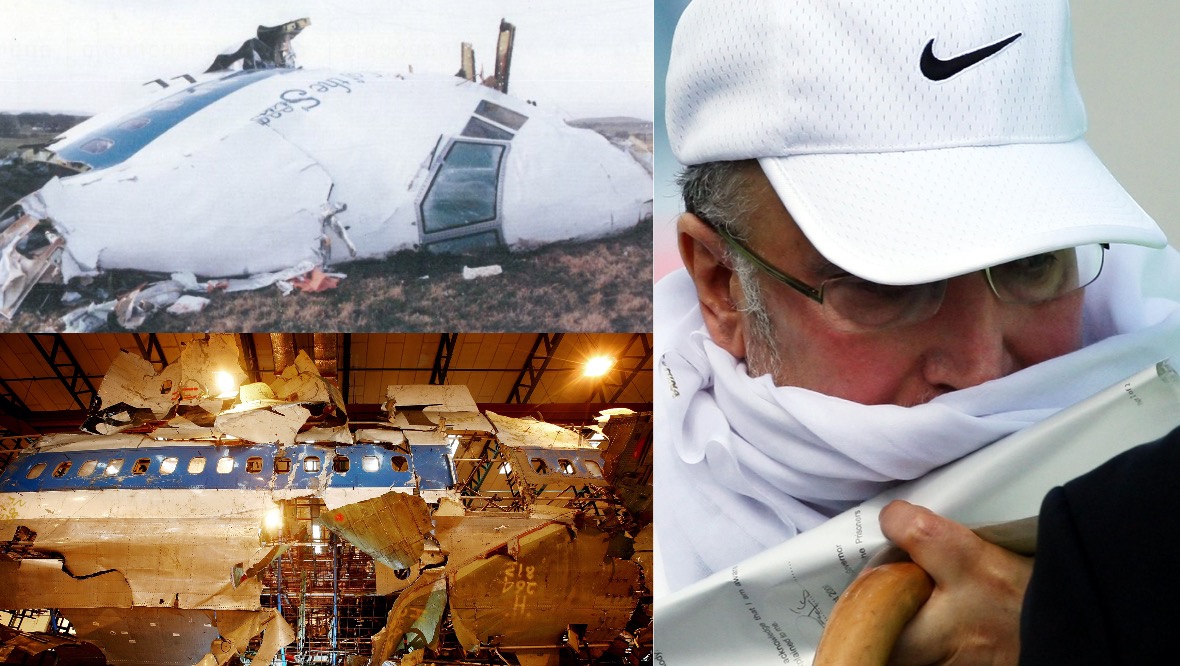 AAIB / Getty Images
AAIB / Getty Images









